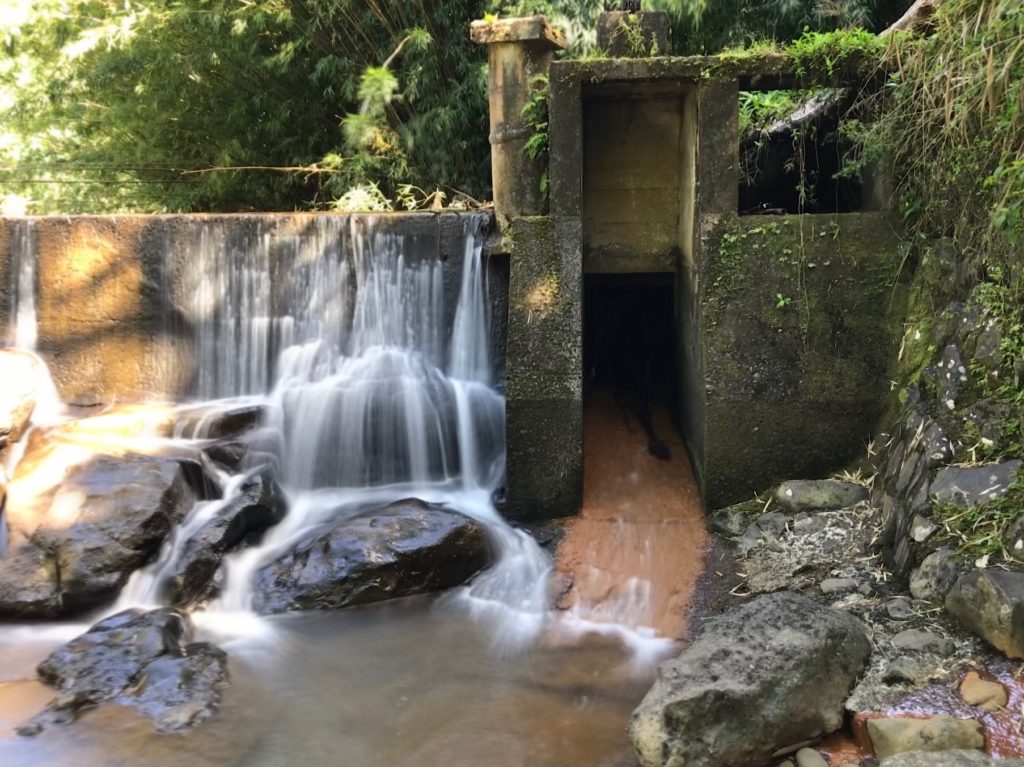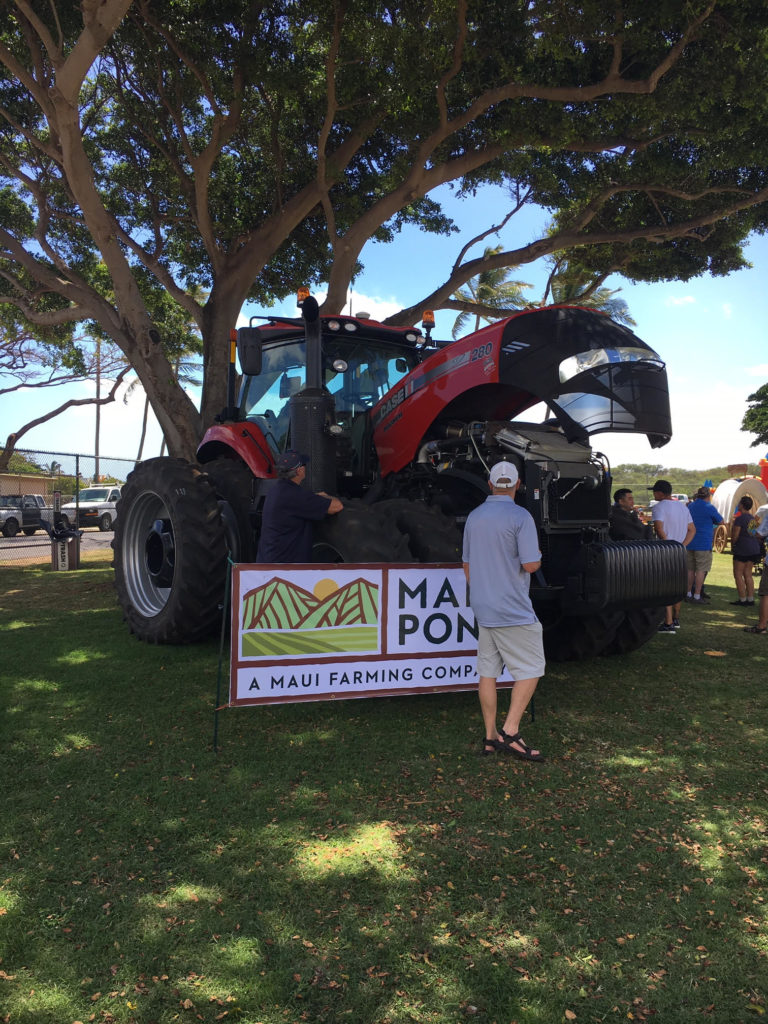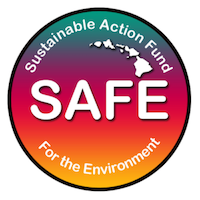BY

“Maui is losing its aloha,” a friend lamented recently as we discussed the news of the week. During a County Council Affordable Housing Committee meeting, a shouting match between attendees grew so heated that security was summoned and Council Chambers were cleared. Maui’s social media pages are filled with belligerent commands to anyone posting complaints about island culture to “go back to the mainland” (that’s the sanitized version). Hana Highway is littered with burned or abandoned cars, and it seems like people are dying daily in traffic or water-based accidents. People are overworked, tired, and angry. And tempers aren’t the only things that are hot; the weather is miserable, and summer has barely started.
You know what else has lost its aloha? Mahi Pono.
Remember the Mahi Pono of January, after its historic $267-million purchase of 56,000 acres of former Alexander & Baldwin sugarcane land and watershed? That Mahi Pono – wearing its shiny new Hawaiian name (meaning to grow or cultivate properly) – eagerly waded into the community dispensing promises of living-wage jobs, non-GMO planting, community-oriented crops, environmental stewardship, corporate accountability, and a chicken in every pot (OK, I made that last one up). The company also offered assurances about fixing the leaky, decrepit, East Maui Irrigation (EMI) ditch system that it also purchased to further its stated goals of sustainable, responsible water usage.
That neighborly façade eroded pretty rapidly as the debate over temporary water permits roared through the State Legislature during the effort to pass HB1326, which would have extended the controversial practice of issuing an ongoing series of temporary water permits, instead of forcing companies to take proper environmental steps to acquire permanent ones. Despite its extensive and expensive lobbying effort (EMI utilizes those temporary permits), Mahi Pono – managed by a group of Northern Californian investment types and bankrolled by a Canadian pension fund – found itself on the unpopular and ultimately losing side of the issue.
Mahi Pono’s silence following the HB1326’s defeat was deafening.
(Of course, Mahi Pono may perk up after last week’s “Carmichael” decision by a panel of three judges from the Hawai‘i Intermediate Court of Appeals. The legalese is numbingly dense, but the gist is that those temporary revocable water permits at the heart of the HB1326 fight – which were due to expire at the end of the year – are once again alive, at least until that decision is appealed to Hawai‘i’s Supreme Court or reversed at trial. Fun fact: Two of the three judges who issued the opinion, Judge Derrick Chan and Judge Keith Hiraoka, were appointed by Gov. David Ige, who all but ordered the legislature to pass HB1326. Hiraoka was once Ige’s campaign chairman.)

Mahi Pono’s AgFest display: three tractors and a sign
Still, Mahi Pono has been in pretty sullen shape. During the recent AgFest – a big damn farming deal in these parts – the company’s participation consisted of three tractors and a sign. Although ambitious crop plans were announced months ago, their implementation has been delayed for reasons the company apparently doesn’t care to share. General manager of farming operations Larry Nixon walked out after only 16 weeks on the job; his replacement is a former Alexander & Baldwin executive.
Unless it’s appearing on Mayor Michael Victorino’s controversy-free Akaku TV show, Mahi Pono officials have had nothing to say to the media. MauiTime is regularly ignored, and even the Maui News couldn’t get questions answered for a front-page story on the delay in crop planting.
At last week’s County Board of Water Supply monthly meeting, it was again noted that Mahi Pono has yet to appear before the group, despite several invitations issued since January. “What was astounding to me was that they never even responded to us,” board Chair Shay Chan Hodges said later. “They didn’t say ‘Sorry we can’t make it,’ they just didn’t even answer.”
“I think people are getting tired of being held hostage by A&B, and now Mahi Pono.” –Norman Franco, Board of Water Supply member
The best the water board got were some cryptic comments from Maui Department of Water Supply director Jeff Pearson, who mentioned that he had been in touch with the company, although he wouldn’t say what was discussed. “They gave me some indication of the direction they’re going, but asked me not to repeat that,” he told the board. “I feel like I have a good relationship with them,” he added, offering no reasons for that feeling. “I’m just going to speak in guarded, positive tones and we’ll see what happens.”
Of course, this is the same Jeff Pearson who told the water board months ago that, even without passage of HB1326, there would be plenty of Upcountry water to go around. Pearson immediately felt the wrath of his boss, Mahi Pono and HB1326 booster Victorino, and subsequently reversed that opinion. He’s been dutifully toeing the administration’s line ever since.
Why are these two government officials shilling for Mahi Pono, rather than protecting the county’s water supply and demanding answers from the private company that controls it? Besides lobbying for Mahi Pono’s HB1326 position, the mayor has taken additional steps to protect the company by preventing any other county entity from questioning the company’s intentions.
Victorino recently quashed a proposed water board letter to Mahi Pono that asked the company to come to a meeting and answer some questions (the board has no power to command an appearance).

“The request to Mahi Pono to come before us to provide answers in public still stands,” said Board of Water Supply Chair Shay Chan Hodges
As Chair Chan Hodges told board members last week, Mahi Pono was asked to come and answer five questions, the most important of which was whether it “was going to ensure that we had delivery of water to Upcounty Maui regardless of how HB1326 turned out, or whether they would do something to stop the water.”
Although Maui County managing director Sandy Baz told Chan Hodges that he saw no problem with the letter, and “that he understood why we needed information,” word came back from Victorino not to send it yet. Baz told Chan Hodges to request a meeting with the mayor for further clarification, she said in a later interview. “After thinking about it, I felt that it would be more appropriate and transparent to have official communication from the Mayor’s Office, rather than reporting to the board about a private conversation.” Chan Hodges added, “I am hopeful that we can have something in writing from Mayor Victorino before the July 18 meeting. Regardless, the request to Mahi Pono to come before us to provide answers in public still stands.”
County spokesman Brian Perry said the mayor didn’t want the letter sent “because it’s premature to do so at this time. The company is developing its plans and has not finalized them.” (Mahi Pono should fire its Honolulu PR firm; looks like Maui County is on the job…)
Not to put too fine a point on it, but the water board’s proposed letter didn’t ask Mahi Pono to reveal all its plans, just to answer five questions. There are additional unanswered issues. At a Ha‘iku Community Association meeting in February, Mahi Pono consultant Tiare Lawrence said her employer was “two months away” from completing a draft Environmental Impact Statement, which could have helped to address the community’s water concerns. That two-month date has come and gone and the company now refuses to discuss the subject at all. Mahi Pono officials did not respond to MauiTime’s question on this or other issues raised in this report.
Well, the mayor and the water director may be content to let Mahi Pono do as it pleases, but the water board is not. The board doesn’t have the power that Victorino and Pearson have, but its members are dedicated to Maui water issues. Last January, after meeting with residents around the island, the board sent a letter to Pearson with nearly 20 pages of water policy recommendations based on citizen concerns.
For some board members, any aloha toward Mahi Pono has now evaporated. Last week, member Norman Franco proposed a motion to form a subcommittee to study the feasibility of buying the EMI water delivery system. “I think people are getting tired of being held hostage by A&B, and now Mahi Pono,” he said. “We have asked them to come here and share their ideas on how they are going to utilize this water system, and they haven’t shown up.” Franco added that he disliked having a corporation control a public utility like water “and keeping the whole community up in the air as to what they’re going to do with the water delivery system.”
Buying EMI is an interesting proposition. Although its dollar value was never established during A&B’s ownership, its purchase and sales agreement with Mahi Pono Holdings did set a price: $5.4 million. The motion will be further discussed at the board’s July meeting.
“I want to keep them on their toes,” said Franco. “I want them to know they’re not the only game in town and that we have the resources to take over the system.”
Said Chan Hodges, “At what point can we feel secure as a community if we don’t take some control over the water?”
